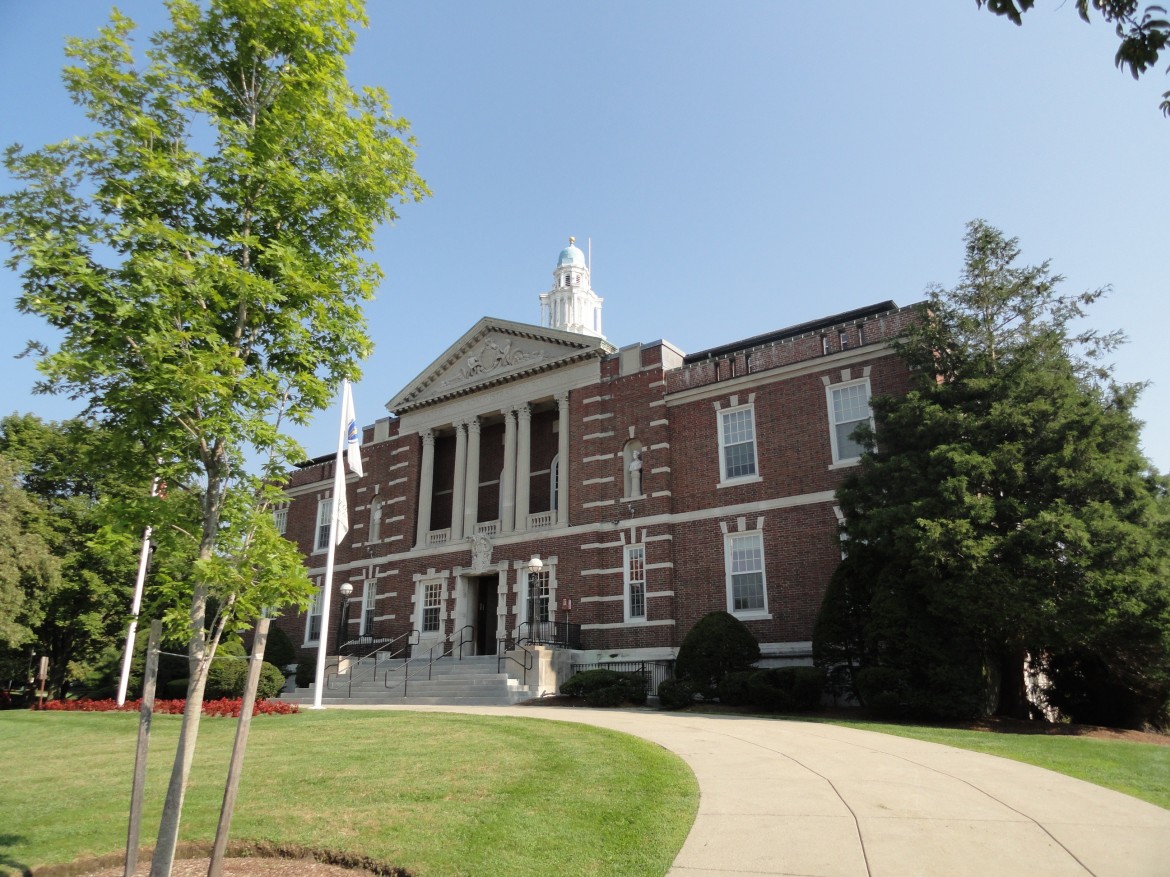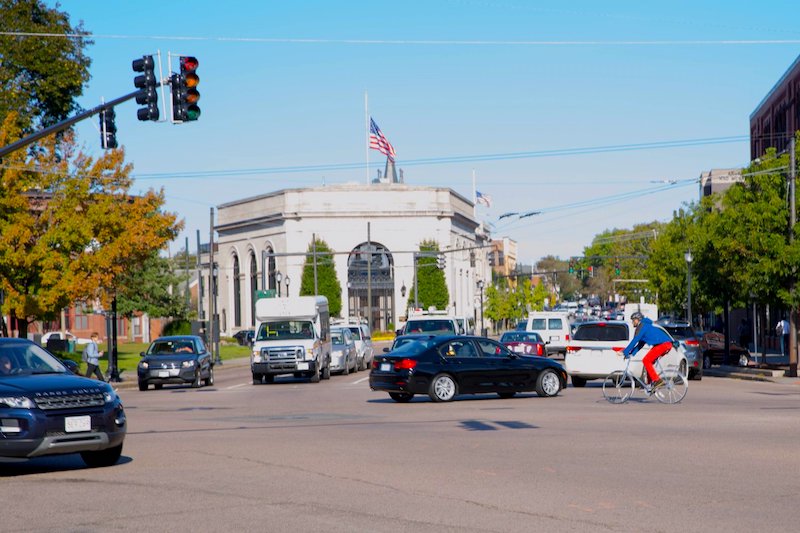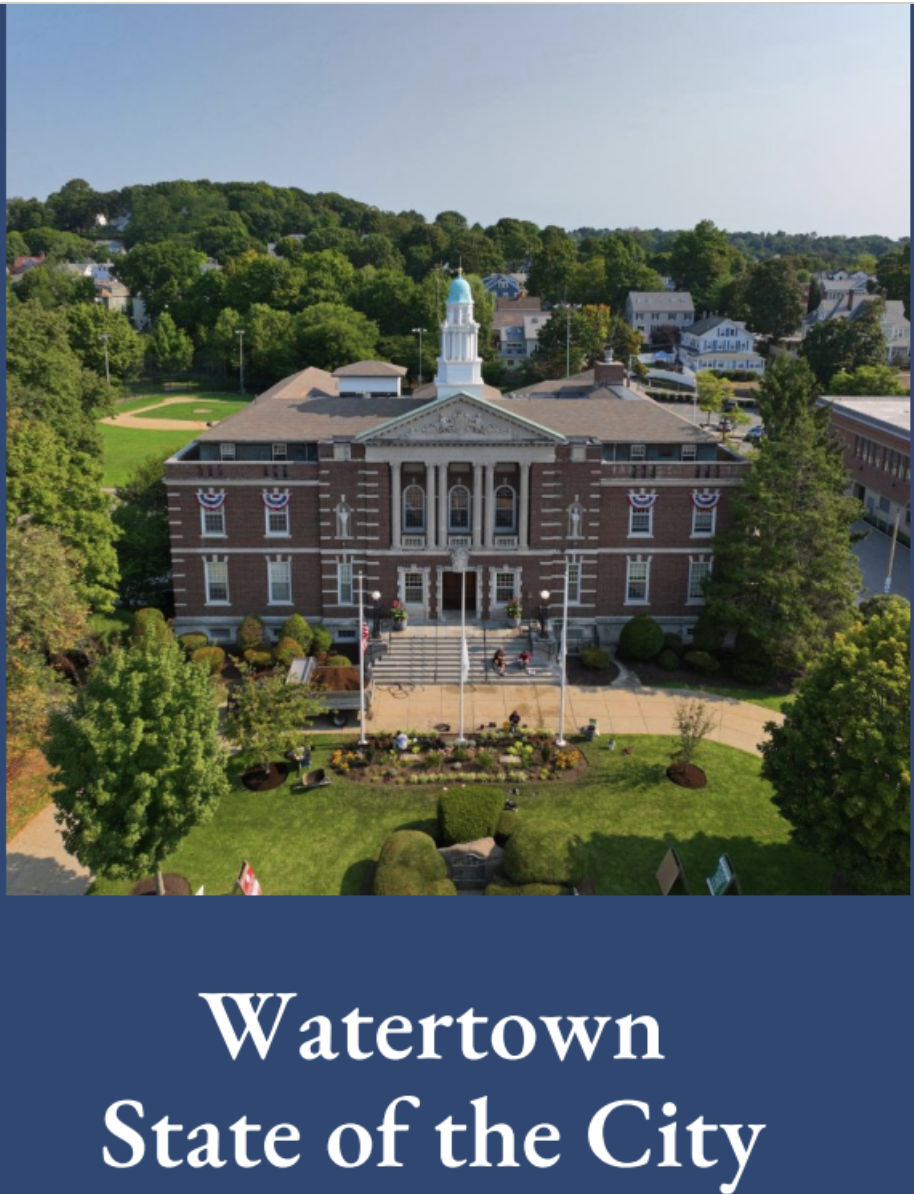Government
Early Voting for the 2024 Election Begins on Saturday
|
Registered Watertown voters can cast their ballot early on 14 days leading up to the November election. See the details provided by the Watertown City Clerk’s office. The State Election is Tuesday November 5, 2024 from 7:00 AM – 8:00 PM. In Person Early Voting will be held at City Hall, located at 149 Main Street, in the Philip Pane Lower Hearing Room on the ground floor, on the following dates and hours:
Saturday, October 19, 2024: 9:00am – 1:00pm
Sunday, October 20, 2024: 9:00am – 1:00pm
Monday, October 21, 2024: 8:30am – 5:00pm
Tuesday, October 22, 2024: 8:30am – 7:00pm
Wednesday, October 23, 2024: 8:30am – 5:00pm
Thursday, October 24, 2024: 8:30am – 5:00pm
Friday, October 25, 2024: 8:30am – 5:00pm
Saturday, October 26, 2024: 9:00am – 1:00pm
Sunday, October 27, 2024: 9:00am – 1:00pm
Monday, October 28, 2024: 8:30am – 5:00pm
Tuesday, October 29, 2024: 8:30am – 7:00pm
Wednesday, October 30, 2024: 8:30am – 5:00pm
Thursday, October 31, 2024: 8:30am – 5:00pm
Friday, November 1, 2024: 8:30am – 5:00pm
Read more about voting by clicking here.






